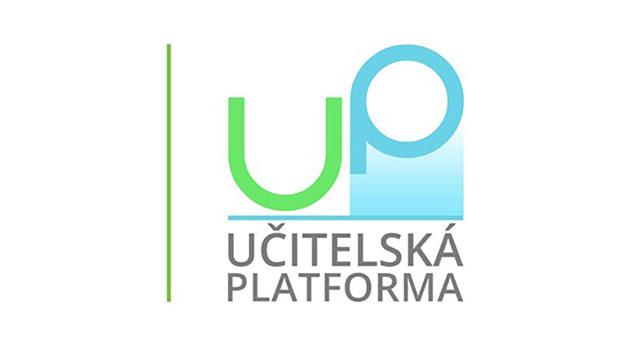Czech teachers disagree with proposal to deprive parents of children with high absenteeism of their social benefits

The Teachers’ Platform (Učitelská platforma) in the Czech Republic is rejecting a Labor and Social Affairs Ministry proposal to disqualify those applying for or already receiving housing benefits if their children are absent from compulsory school attendance for more than 100 hours per semester and do not provide confirmation from a doctor that illness was the reason. Teachers’ experiences in practice show it is most effective to work with the families of frequently-absent pupils in a completely different way that does not involve tactics of repression.
The proposal is also discriminatory, according to the platform, as it does not address the absenteeism problems of children whose guardians do not apply for or already receive housing benefits. The platform also does not see any actual need for this kind of legal regulation at the moment.
The current law on welfare benefits to those in material distress already allows guardians to be penalized for not making sure their children attend compulsory schooling. “This entire bill, if put into practice, is likely to exacerbate the already poor social situation of many families,” explains Petra Mazancová, chairwoman of the Teachers’ Platform association.
“Instead of helping to tackle the problem of low school attendance, it will throw the parents of school-aged children into situations where they are at the mercy of collections agents and even closer to a state of emergency with respect to meeting their existential needs. Such a life situation will not make such children go to school more often,” Mazancová explains.
“Working with pupils from non-stimulating environments and with their parents is frequently undoubtedly very difficult. Many of the problems associated with their life situations do not have immediate, simple solutions,” says Jaroslav Jirásko, head of the K.V. Rais Primary School in Lázně Bělohrad.
“However, neither repression against the parents nor resignation to the situation provide even the hint of a solution. On the contrary, it is the families of these pupils and the pupils themselves who should be the focus of the greatest educational efforts and work of schools and their staff,” Jirásko says.
“Teachers who take their profession seriously should know this and should act accordingly,” the principal says. Mazancová goes on to say that “The experience of many schools trying to work with families in difficult social situations shows that such a repressive, vigorous approach often closes off the possibility of any further communication with the family and any other efforts to solve their problems.”
The association chair also noted that the bill does not address the unexcused absences of children whose parents are not welfare beneficiaries. The current proposal also contradicts some of the previous materials published by the Labor and Social Affairs Ministry.
For example, one year ago, as part of a project run by the ministry, a publication was released entitled “Innovations in Working with Children and Families at Risk” which describes extensively how to work with families when truancy is an issue. That publication does not contain any repressive measures; on the contrary, it describes the needs of such children and their families and suggests procedures for addressing truancy inspired by good practice in the Czech Republic and abroad.
The Labor and Social Affairs Ministry’s bill on housing allowances also plans to combine the current housing benefit and housing supplement into one allowance for which, among other things, guardians would not qualify if a child misses more than 100 hours of compulsory school over the course of six months for non-medical reasons. The Education Ministry, the Platform for Social Housing, and a number of social workers have already expressed their criticisms and are against the bill, which has also been sharply criticized by the Czech Government Council on Roma Minority Affairs.
